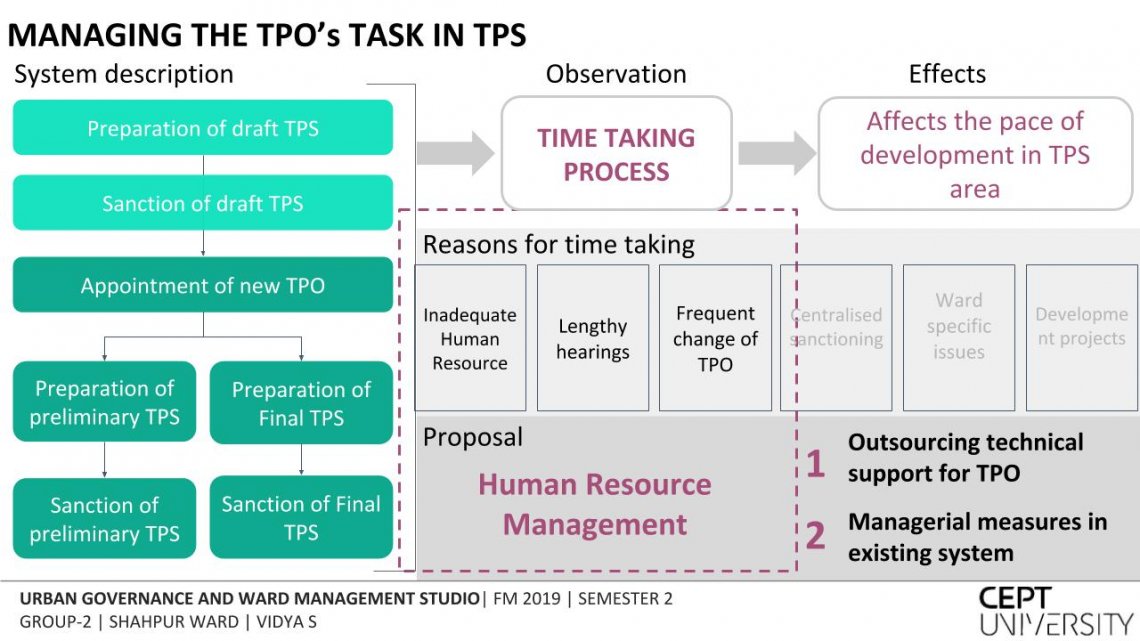Your browser is out-of-date!
For a richer surfing experience on our website, please update your browser. Update my browser now!
For a richer surfing experience on our website, please update your browser. Update my browser now!
The planning system in India is divided into socio-economic development planning and spatial planning process. Socio-economic development planning process deals with the 5-year plan and planning commission etc. The scope of this ward project is based on the management of spatial planning process. The spatial planning process is about the judicious use of the land which involves spatial planning level, national level, inter-state, metropolitan, district and local level (Evolution of Planning Legislation in India, 2015). Urbanisation emerges varied business advancements and spatial complications. Hence development has to be managed to enhance infrastructure development, improve economic growth and stimulate proper functioning of the city. Ahmedabad is one of the major cities of India, also grows at a faster rate on the line of urbanisation. The spatial planning of the city starts at the Development Plan level (DP) which is a macro level planning and is further split into much micro level planning which is the Town Planning Scheme (TPS). This town planning scheme helps to understand the on-ground situation at a micro level. Implementation of the TPS can happen on-ground only with the help of regulations for the developments which take place at that level.
.jpg)
.jpg)

.jpg)
.jpg)
.jpg)
.jpg)
.jpg)